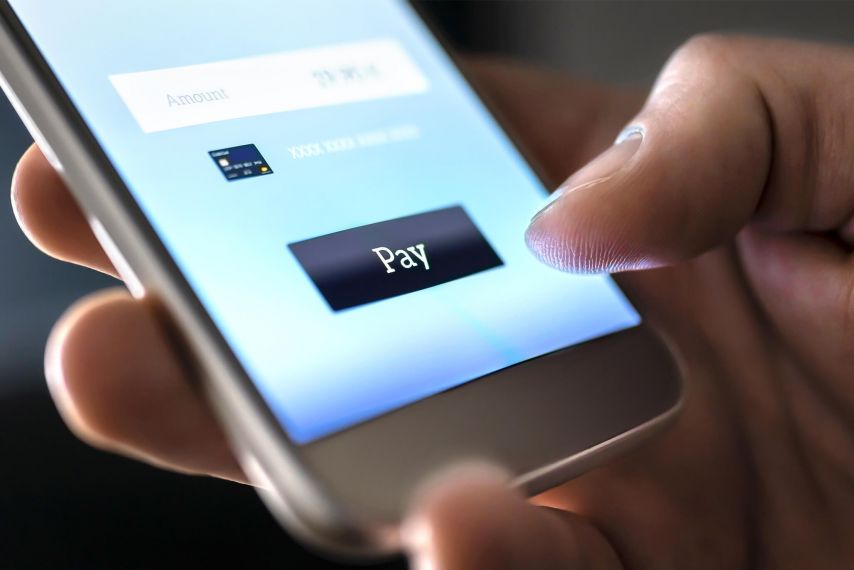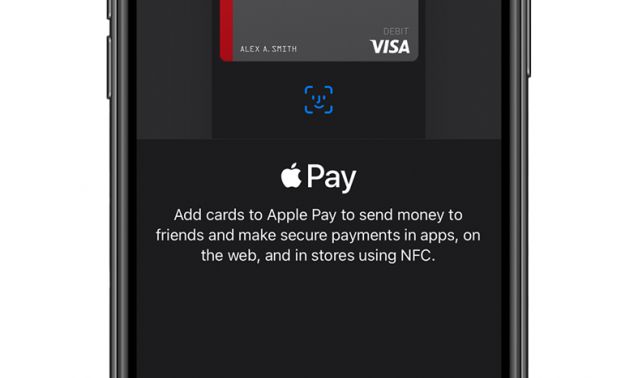6 Steps to Avoid Cash App, Venmo Fraud
Share this article:

Venmo, Cash App, Apple Pay, and Zelle are great peer-to-peer (P2P) payment apps that help you quickly and securely send money to others. When used as intended to pay your friend back for your portion of the dinner bill or to send your niece $50 for graduation, things work beautifully.
Scammers, on the other hand, are finding new ways to trick you into handing over a fistful of your money. Among the many tactics being used are bogus classified ads for merchandise.
Criminals are looking for a digital “foot in the door” to steal your money. The Federal Communications Commission (FCC) says the scammers are taking advantage of the services in hopes you may slip up by entering an incorrect phone number or email address. They are even going so far as to pose as fake charities.
Here’s what you can do to protect yourself:
- Do your homework!
Check out the app's fraud protection policies. If you’re a victim of a scam, does that app offer any kind of protection/restitution to you? - Stay away from businesses that only accept P2P!
Be wary of any business that only accepts P2P payment apps or pre-paid debit card payments. Consider this a red flag. P2P user agreements typically have a “no commercial use” clause. That means if you use the service to purchase goods, you will not be refunded if the transaction turns out to be fraudulent. - Link to your credit card, not your debit card.
Link your money transfer app to a credit card rather than a debit card or your bank account. Some credit cards provide added protection in case you do not receive the goods or services that you have purchased. - Verify the user.
Make sure the recipient is a verified user. This helps you make an educated decision if you should send any money to them. Consider sending money only to those you would consider family or friends. If you make a mistake and send cash to the wrong person, you may never see the money again. - Set up a PIN.
Creating a personal identification number (PIN) within your favorite P2P can help avoid losing funds if your phone is stolen or hacked. The extra layer of security will protect you by requiring your unique number before the funds are transferred. - Help others by reporting scams.
If you think you're a victim of a scam involving peer-to-peer payment apps, make sure to notify your financial institution and file a complaint to fraud.org.
When in doubt, it’s best to go with your gut and use common sense. If you wouldn’t hand over a wad of cash to a stranger, why should you transfer your hard-earned money to them? These days, financial digital trends are growing at break-neck speeds. It’s always best to slow down and verify all information before pushing “pay.”




